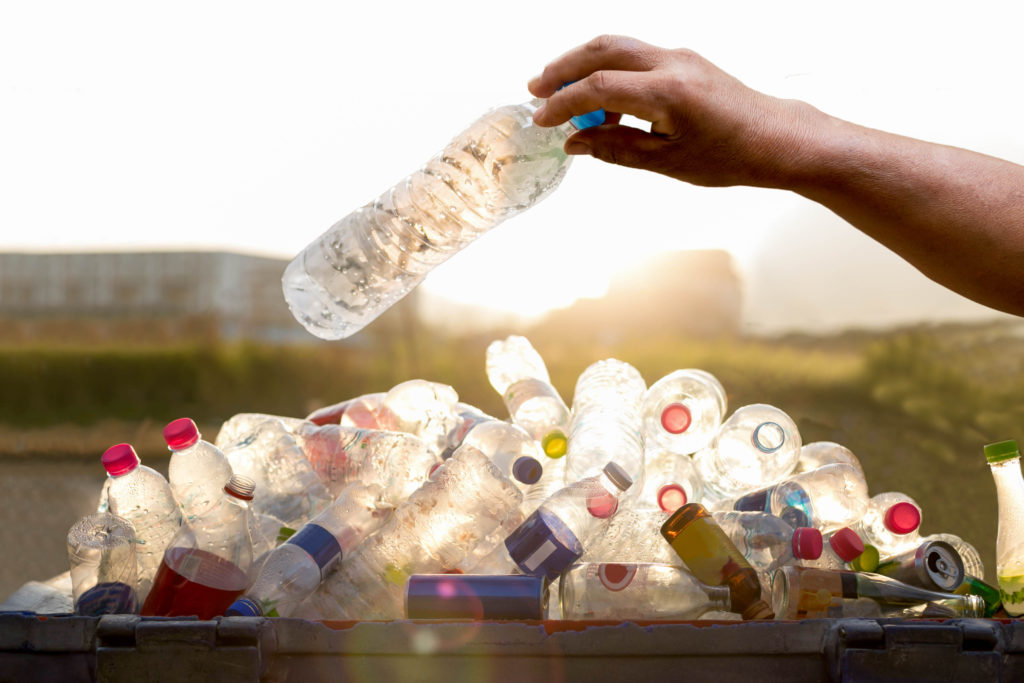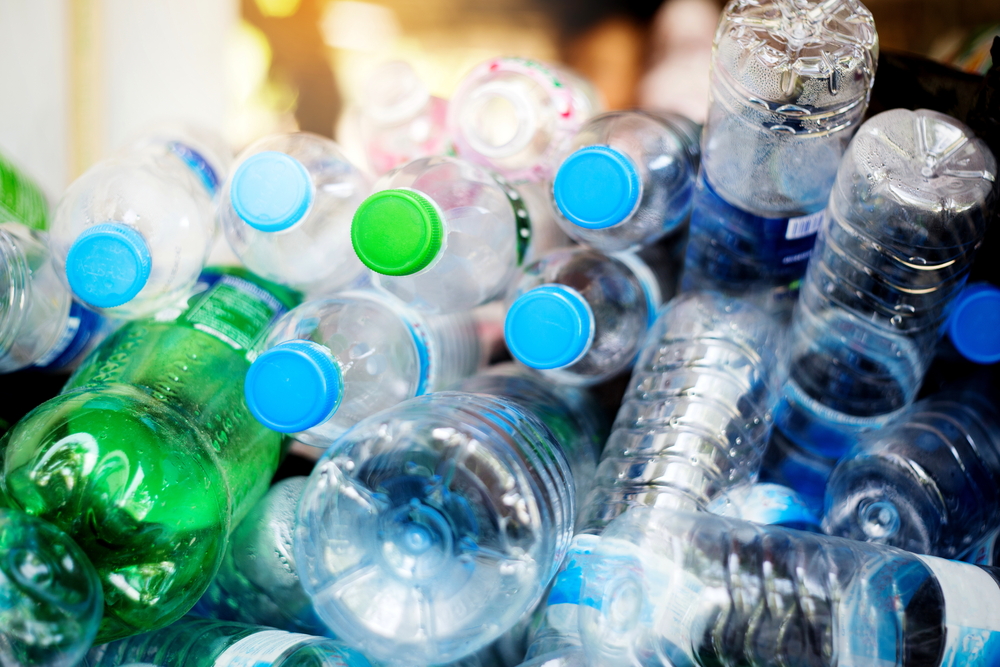
It's likely that plastics recycling across the UK and Europe will come to a stop and plastics will have to be shipped abroad for reprocessing, say to China, before being shipped back as manufactured articles
Mark Burstall, BPF recycling council
Mark Burstall, chairman of the British Plastics Federation's (BPF) recycling council, has expressed his concerns over sections of the REACH legislation and told letsrecycle.com the council has begun a crusade to change them. He hopes there is a possibility that an exemption under the REACH legislation may help to save the day.
REACH (Registration, Evaluation, Authorisation and Restriction of Chemicals) aims to make the use of chemicals across Europe safer and its roll-out began in June this year. It brings in new requirements for businesses across many industries, including plastics recycling. Plastics reprocessors will be most affected by the part of the legislation which is due to be implemented in December 2008.
The BPF said that if reprocessors do not fulfill the requirements of REACH – which involves registering all chemicals contained within the plastic, as well as providing safety information on them – they will not be able to sell their pellets, so the reprocessing and recycling market in the UK will come to a halt.
Mr Burstall, who also sits on the Association of European Plastics Recyclers (EuPR), said: “REACH is a really serious agenda to improve the safety of chemicals. We are all supportive of this in principle but when this legislation was structured, it did not take account of recycling.
“It's likely that plastics recycling across the UK and Europe will come to a stop and plastics will have to be shipped abroad for reprocessing, say to China, before being shipped back as manufactured articles,” he continued.
The BPF expects plastics recycling to be affected in two ways. Firstly, REACH will require the recycling firms to provide information to prove chemicals contained in the recycled plastics, which are used to make the pellets are safe. However, plastics recyclers may not be able to do this because they are unlikely to know how the waste material they have received, was initially manufactured and what safety controls were applied.
Secondly, REACH requires any chemical used by any industry to be registered with the European Chemicals Agency database in Helsinki. This will most likely be done by the manufacturer before he starts to market his product. However, some chemicals such as colouring additives, which have been historically used to make plastics could pose a problem.
This is because many of these additives are are no longer manufactured for use in plastics, so no firms, other than recyclers will need to register them. But the BPF said it will be too costly for plastics recyclers to register all the necessary chemicals.
The BPF Recycling Council's campaign to change the legislation has the backing of the EuPR, the Chemical Industries Association, Plastics Europe and the European REACH Alliance – which spans a number of European industries – but must convince the European Commission, which helps draw up the legislation, and Members States, which approve the legislation, to support them.
Solutions
The EuPR is working with manufacturing trade association Plastics Europe, to convince the European Commission to change the legislation on two fronts.
Firstly, in terms of providing safety data, they argue that recyclers should be allowed to use “generic” information to show their products are safe. Mr Burstall explained that this would allow the reprocessor to use information such as data available from the internet explaining exactly what is used in the initial manufacture of plastics and how safety controls are applied.
Registration
When it comes to registration, the plastics recyclers are pushing for a full exemption from REACH for those chemicals which are no longer manufactured. They claim the chemicals are stable and safe because they are completely encapsulated within the material.
Exemption
It has been suggested that Article 2.7(d) of the REACH legislation sets down some exemptions which could throw a lifeline to plastics recyclers. It states that recovered substances do not have to be registered if the “same” substance has already been registered by someone else and if the relevant safety information is “available” to the recycler.
However, Mr Burstall said the benefit of this exemption to plastics recyclers depends on how loosely the terms “same” and “available” will be interpreted by the Commission. For example, how “same” is same and can data from the internet count as “available” information?
Mr Burstall added: “We need the European Commission and Member States to understand the issues and to recognise that if they don't do something about it, REACH is effectively conflicting with the producer responsibility system because it will stop a lot of recycling taking place.”
He added that the BPF Recycling Council was also hoping to gain the support of the UK's Department for Environment, Food and Rural Affairs, Department for Business, Enterprise and Regulatory Reform, as well as the Health and Safety Executive, which will be enforcing the European legislation in the UK.
The Waste and Resources Action Programme (WRAP) has already pledged its support after Mr Burstall raised the issue at the organisation's open meeting earlier this month.
WRAP's market development programme director Marcus Gover said: “The REACH directive is an EU directive to harmonise use of chemicals throughout the EU. Clearly, we are concerned about any EU legislation that may impact on recycling in the UK. We would be very happy to work with the BPF recycling council to try to manage the potential impact that REACH might have on the recycling of plastics.”
REACH which began to take effect on June 1, aims to regulate the use of chemicals and make them safer. It relies on a flow of information – including data on risk management measures used in making them – through the supply chain, for example from chemical manufacturers to companies who use them in their products.










Subscribe for free